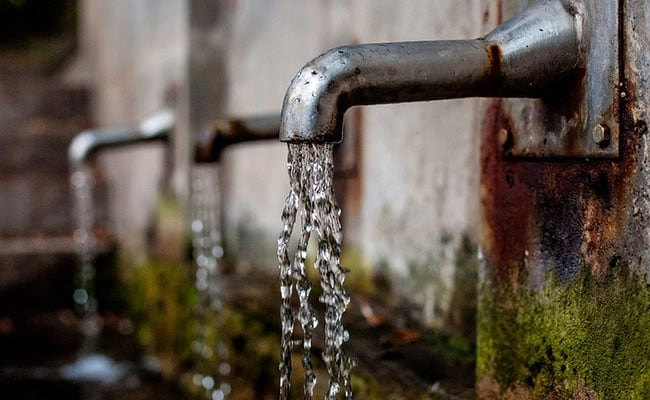Delhi’s Water Bill Relief Scheme aims to alleviate the financial burden on residents struggling to pay their water bills. This initiative is particularly focused on providing relief to economically disadvantaged households and ensuring access to essential water services without the added stress of unaffordable charges. Under this scheme, eligible households can receive a waiver on their water bills, thereby promoting equitable access to this vital resource. The program is designed to support low-income families, helping them manage their expenses while ensuring they have access to clean and safe drinking water.
To qualify for the water bill waiver, applicants must meet specific criteria set forth by the government. Generally, the scheme is targeted at households whose monthly income falls below a certain threshold, which is typically defined by the local government. Additionally, households must be registered with the Delhi Jal Board and must not have any outstanding dues on their water bills prior to the application. This ensures that the benefits of the scheme are directed toward those who genuinely need assistance and encourages timely payments among residents.
Applying for the Water Bill Relief Scheme involves a straightforward process. Interested households can submit their applications online or visit designated centers for in-person assistance. The application process usually requires basic documentation, including proof of income, identification, and evidence of residency. Once the application is submitted, the respective authorities review it, and eligible applicants can expect to receive notifications regarding their waiver status. It is essential for residents to adhere to the application timelines to ensure they can avail themselves of the relief in a timely manner.
The Water Bill Relief Scheme is not only a financial aid initiative but also a step toward ensuring that every resident in Delhi has access to basic necessities without undue stress. By waiving water bills for eligible households, the government aims to foster a more inclusive environment where all residents can thrive. Furthermore, this scheme reflects a broader commitment to social welfare and sustainable resource management, highlighting the importance of making essential services accessible to all segments of society. As such, it represents a significant effort by the Delhi government to address economic disparities while promoting public health and well-being.




